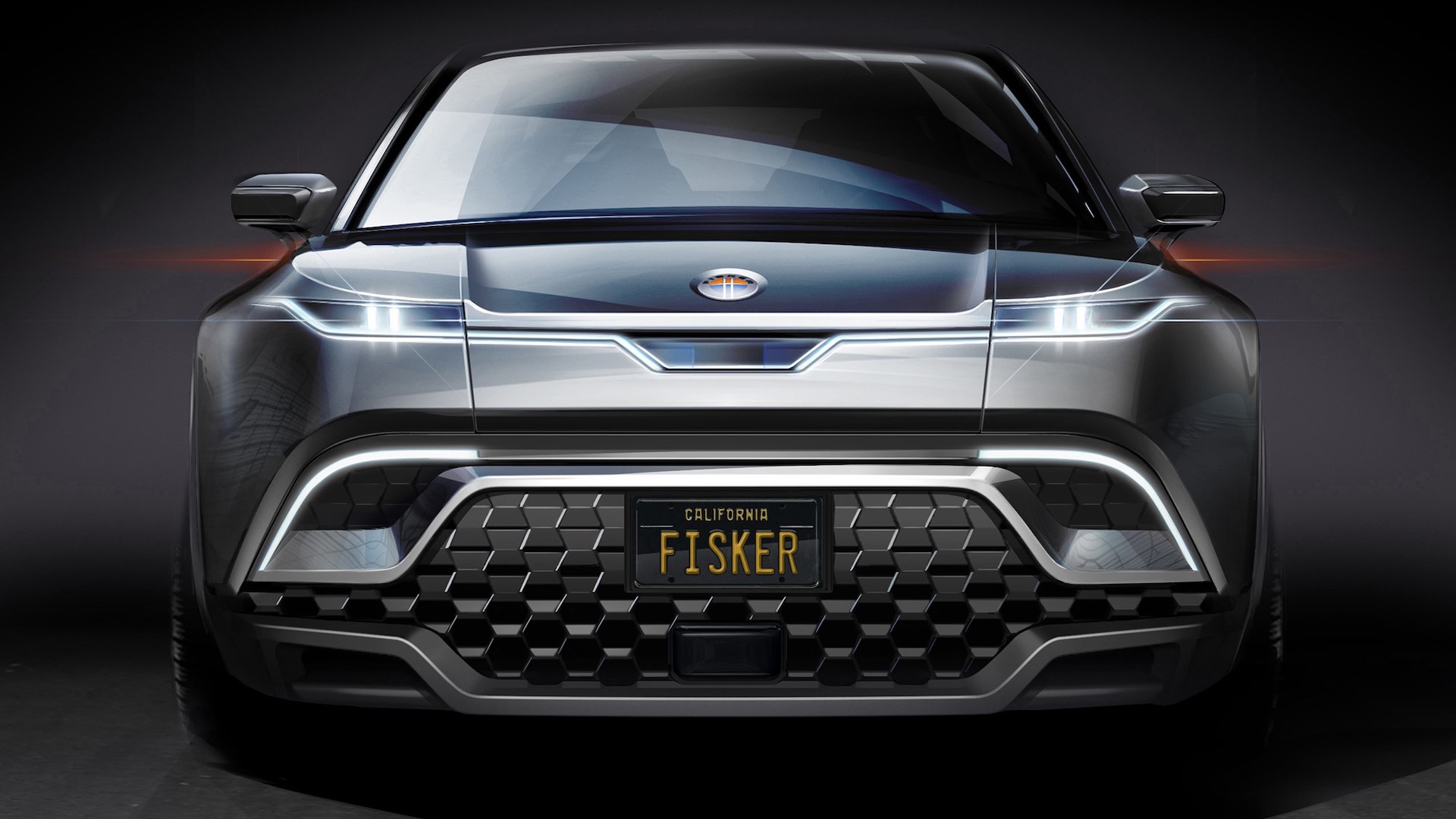

Reborn automaker Fisker—the brainchild of esteemed designer Henrik Fisker—revealed Monday its competitor to the newly announced Tesla Model Y, in the form of an electric crossover of its own.
Fisker says this as-of-yet unnamed electric vehicle will feature approximately 300 miles of range on a full battery charge, which is expected to be 80 kilowatt-hours or greater in capacity. According to a statement released by the company, this crossover will start below $40,000, although if customers willing to pay more can get an optional twin-motor all-wheel-drive.
Interior design and materials will be modern, Fisker says, with a heads-up display to keep the driver’s eyes on the road. Fisker boasts that the vehicle will have a “unique,” yet intuitive interface, which hints that its crossover could go against the modern trend of ever-expanding, increasingly ugly infotainment screens. At the push of a button, Fisker says its crossover will give its passengers “an extended open-air atmosphere” available without compromising safety, implying that the vehicle will have many windows or slimmer-than-normal roof pillars.
Fisker promises to build its electric crossover in the United States, but it has yet to settle on a production facility. Nevertheless, it hopes to prepare and reveal its first driving prototype of the model by the end of the year and will begin taking reservations closer to the projected launch window in the second half of 2021.
“Our team set out on a mission to create an affordable EV that’s more exciting and emotion-stirring than what the market has been offering,” proclaimed company founder Henrik Fisker. “We’re now excited to be introducing a vehicle that truly reinvents the SUV. At an affordable price point, starting below $40,000, we’re delivering a desirable, luxuriously rugged and green vehicle—complete with unique new experiences and technologies—that’s accessible to people across the USA and the world.”
This vehicle will be the first of three “affordable” EVs sold by Fisker, which says that its previously announced EMotion electric sedan concept has been delayed until after the first of the company’s “affordable” models hits the market. It will serve not only as Fisker’s most luxurious, most advanced product but also as a technological showcase, one promised to eventually feature commercial-grade solid-state batteries.
Solid-state, or solid electrolyte batteries, offer lighter weight, greater energy density, quicker charge times, and less long-term degradation, but manufacturers have struggled to make the technology work at its peak potential out of laboratory conditions. Tesla’s battery supplier Panasonic predicts that solid-state batteries won’t be ready for commercialization for at least a decade.